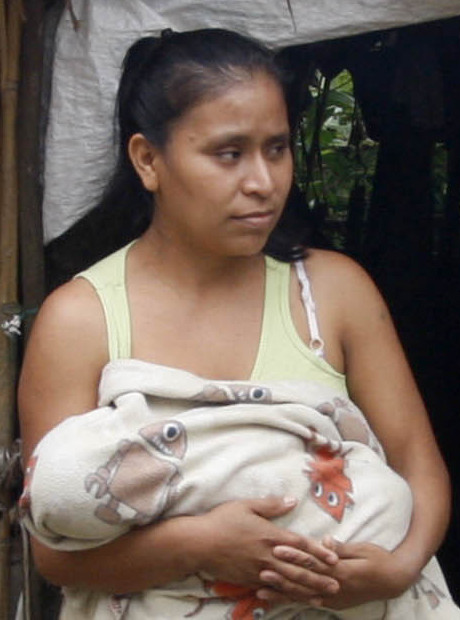MEXICO CITY — Women’s rights advocates sought international help Thursday in ending what they call a pattern of poor indigenous Mexican women being turned away from hospitals while in labor, forcing them to give birth on lawns, patios or parking lots.
Activists working in villages in southern Mexico say they have documented at least 20 recent cases of women giving birth outside hospitals whose staff claimed there was no room. Photos and video of some incidents posted on social media sites have prompted outrage in Mexico and around the world.
Mexican health officials have said the cases are isolated and unavoidable due to overcrowding and limited resources at some rural health centers. But women’s advocates appealed to the Inter-American Commission on Human Rights on Thursday, saying they believe there is a systemic problem of prejudice and callousness toward indigenous women in the Mexican public health system.
“These are not isolated cases. We have a pattern. We are not talking about one woman. There are many and nothing is being done to solve the problem,” said Regina Tames, director of the Reproductive Choice Information Group, a non-governmental organization based in Mexico City.
Pablo Kuri Morales, deputy health secretary for preventive care, said most of the births in Mexico’s health system occur without problems but he acknowledged that hundreds of women here still die every year during or immediately after they give birth, giving the country a maternal death rate more than three times that in the U.S.
“This is something the government of Mexico is worried about. Our stand now is to reject, disapprove and fight with all our strength any form of violence against women,” Kuri Morales said.
The problem garnered national attention last year when a photo showed a 29-year-old woman of Mazatec ethnicity squatting in pain immediately after giving birth in October on the lawn outside the Rural Health Center of the village of San Felipe Jalapa de Diaz. The woman, Irma Lopez, and her son, Sabino Salvador, survived with no health problems, but the picture upset many Mexicans when it was widely shared on Twitter and Facebook and shown on the front pages of some national dailies.
Send questions/comments to the editors.



Success. Please wait for the page to reload. If the page does not reload within 5 seconds, please refresh the page.
Enter your email and password to access comments.
Hi, to comment on stories you must . This profile is in addition to your subscription and website login.
Already have a commenting profile? .
Invalid username/password.
Please check your email to confirm and complete your registration.
Only subscribers are eligible to post comments. Please subscribe or login first for digital access. Here’s why.
Use the form below to reset your password. When you've submitted your account email, we will send an email with a reset code.